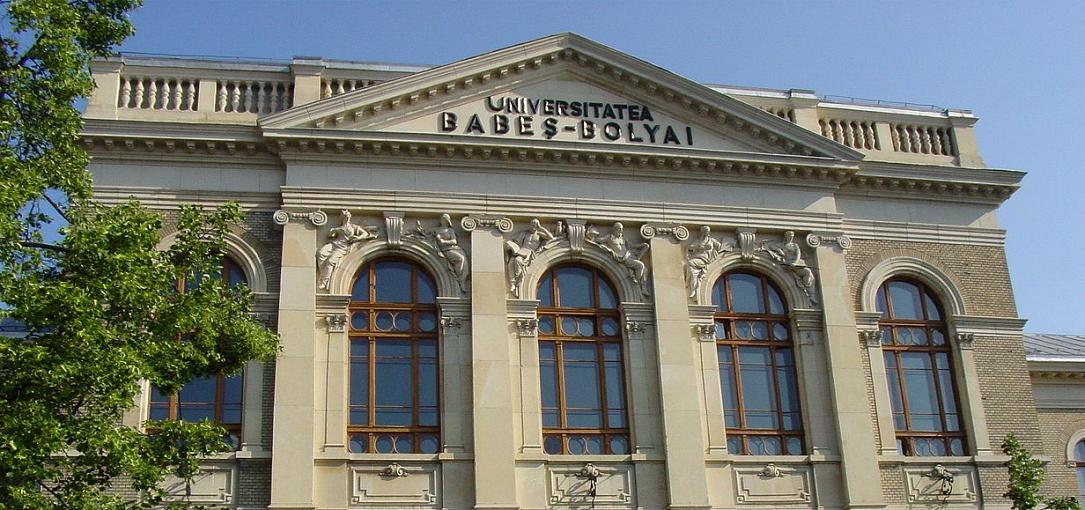Romanian universities join consortia aiming to establish European universities

Two Romanian universities have recently joined consortia aiming to establish European universities, “networks of universities across the EU”, which allow students to obtain a degree by combining studies in several EU countries.
Babeș-Bolyai University (UBB), a public university in western Romania’s Cluj-Napoca, has become a member of the European consortium InclusU.
The other members of the consortium are: University of Lille (France), Malmö University (Sweden), Mykolas Romeris University in Vilnius (Lithuania), University of Minho (Portugal), Roma Tre University (Italy), and University of Wroclaw (Poland).
The consortium has already submitted the project to the European Commission. The financing request to implement this is of EUR 5 million, in a first phase, Daniel David, the prorector of UBB, told Edupedu.ro.
The University of Lille is the administrative coordinator of the alliance, established on February 20 in Brussels. The alliance is part of the European Universities Initiative, aimed at “strengthening strategic partnerships across the EU between higher education institutions and encouraging the emergence by 2024 of some twenty European Universities.”
A European university is an alliance of higher education institutions covering a broad European geographic scope, having a long-term strategy focused on sustainability, excellence and European values, and offering student-centered curricula jointly delivered across an inter-university campus.
For the 2019 call, funding of EUR 60 million is available to twelve experimental models to test the concept and its potential.
InclusU gathers both traditional and newer universities, from all parts of Europe, from capital cities, border cities or dynamic cities, from richer or less developed areas. It adopts values such as inclusiveness; civic-mindedness, aiming to support the training of active citizens who contribute to a knowledge-based society; openness, in relation to society; and quality, aiming for excellence in research, teaching, and in relation to society.
“The European consortium will be an integrated one, where everything will be more flexible. For instance, if we have a psychology course, but the same course is also held at the University of Vilnius, our students can chose where they take the course. The idea is to teach the young that they are European citizens, that they can actually go to another university in Europe, where they can feel at home,” David told Edupedu.ro.
“Currently, there are high inequalities in the training offered by universities; the EU is trying to eliminate the polarization and inequalities in academic training by establishing consortia that gather universities of different profiles and from different regions,” David explained.
If the consortium does not receive funding in this round, it will apply again next year, David said.
At the same time, the Vest University in Timişoara (UVT), also in western Romania, is taking part in the project to establish the European university UNITA, Agerpres reported. The other partners in the project are the University of Pau (France), also the coordinator of the project, the Savoie Mont Blanc University of Chambery (France), the University of Zaragoza (Spain), the University of Torino (Italy), and the Gran Sasso Research Institute (Italy).
UNITA will focus on the cultural heritage of Romance languages and on shared interest in the area of sustainability. Some 160,000 students are to benefit the initiative.
“UNITA will gather the human, lab and research center potential of the founding universities, aiming to develop academic programs that will offer their students the knowledge, skills and attitudes that can become the strategic advantages of future graduates in the shared European market, helping them to become active in solving global problems,” according to UVT. The future university plans to focus on innovative teaching, student-centered education, international learning experiences, and close connections to the local and business community.
The project for the establishment of UNITA was submitted on February 27.
The University of Bucharest has also joined a similar initiative.
(Photo: Universitatea Babeş-Bolyai Facebook Page)
editor@romania-insider.com













